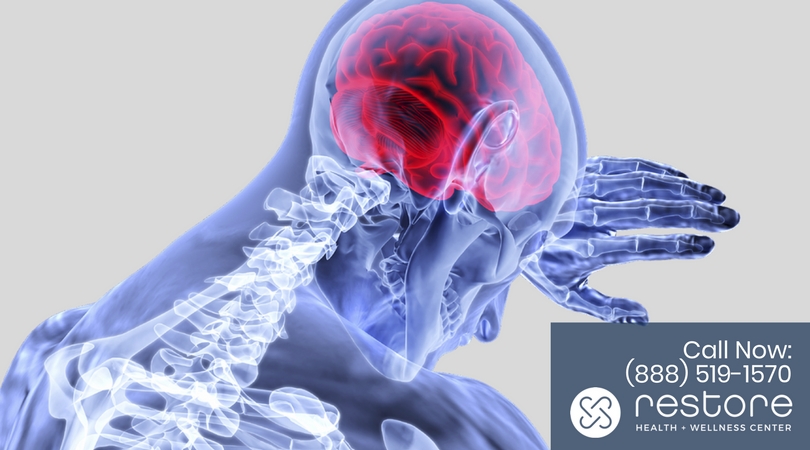
For someone that has a drug or alcohol addiction, sometimes it can feel like you’re cursed to be “different” forever. While some of those traits come from having an addictive personality, there are deeper neurological issues at play. The problem with an addicted brain is that it has been recalibrated to require drug input in order to achieve a state of equilibrium. This new state of equilibrium—or homeostasis—comes with a lot of baggage:
- It requires the effort and expense of acquiring the drug
- It is subject to a shift toward further recalibration—or higher tolerance—leading to a requirement for even more of the drug
- It generally impairs normal function, interfering with personal relationships, social behavior, work, and other responsibilities
- It usually involves exposure to a criminal element
- Numerous health risks are involved, not only from the drug(s) in question but also from possible adulterants
- Potential for overdose
- Masking the effects of other mental and physical health issues that require medical treatment
These are just a few of the many detrimental aspects of drug addiction, and yet the addict continues feeding his or her addiction, ignoring or minimizing the consequences, and medicating the stress and pain that result. The addicted brain is running the show, and it drives the set of motivations and behaviors that keep the cycle, and all its attendant misery, going.
Neurotransmitters and Addiction
Oddly, in spite of the opposing nature of their effects, both stimulants (cocaine and amphetamines) and CNS depressants (opioids and alcohol) are similar in their primary mechanisms: all the drugs in these categories affect neurotransmitters, the chemicals that transmit signals in the brain. Over time, the ingestion of drugs alters the delicate process of neurotransmission, eventually habituating the brain to the drug.
The main neurotransmitter involved in addiction is dopamine, which is responsible for triggering the pleasure/reward circuit as well as movement, attention, and memory. Additionally, dopamine plays a critical role in motivation. When an individual first experiments with a drug, the brain’s chemistry rebalances itself as the drug wears off and the substances are flushed from the body. Over time, however, the drug will create changes in cellular structure and function, and neurotransmission is affected.
When a drug disrupts the pleasure/reward cycle, the addicted brain is no longer able to adequately find pleasure in normally enjoyable activities, a condition called anhedonia. The addict, of course, does not experience brain chemistry and electrical signals jumping across synapses; it experiences desire—at first for pleasure, and eventually simply to feel normal. Our team of psychotherapists, licensed counselors, medical staff, and clinical professionals are well versed in healing the addicted brain. Contact us for an assessment and let’s see how our substance abuse experts can help you or a loved one recover.
For more information on healing an addicted brain, contact Restore Health and Wellness at (818) 408-4942. We offer comprehensive programs for addiction treatment in Simi Valley and use proven methods to help you or a loved one break free from addiction. Visit us at 6918 Owensmouth Ave Canoga Park, CA 91303. 24/7 Admissions (818) 722-9019. On-Site Contact (818) 806-3914.





